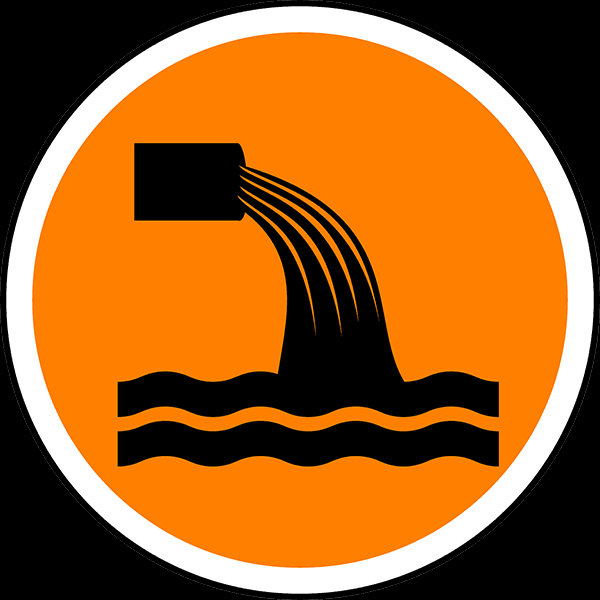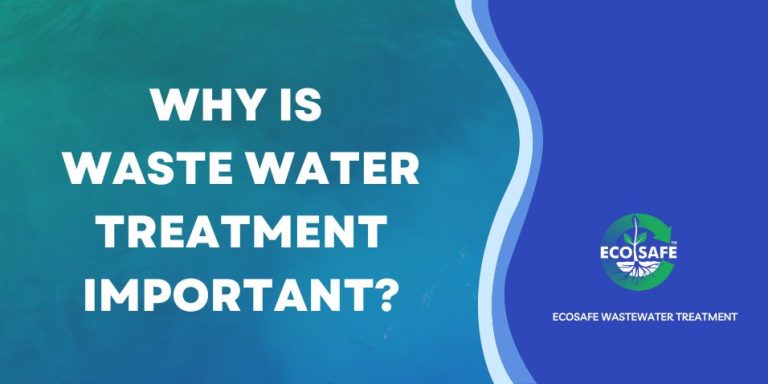6 Easy Facts About Reclaim Waste Explained
6 Easy Facts About Reclaim Waste Explained
Blog Article
The Best Strategy To Use For Reclaim Waste
Table of ContentsHow Reclaim Waste can Save You Time, Stress, and Money.All about Reclaim WasteThe Ultimate Guide To Reclaim WasteNot known Facts About Reclaim WasteThe Single Strategy To Use For Reclaim Waste
Explore the kinds, incidents, and forms of fluid waste. Residential sewage waste describes the waste and items from a residential septic tank. This kind of waste is created by human beings in homes, schools, and various other buildings. This only consists of septic systems that have a drainpipe area. The proper monitoring and disposal of residential sewage waste need liquid waste to be transferred to a sewage treatment plant where the correct techniques and tools are related to purify and deal with waste.
Business waste frequently consists of potential hazards, such as combustible products or a mixture of liquid and solid waste products, and requires a much more innovative and thorough disposal process. The disposal of industrial waste commonly includes the purification of waste before transportation to make sure safe and appropriate disposal. Hazardous waste is developed from by-products and overflow of industrial procedures and manufacturing.
This sort of waste can not make use of the exact same sewage monitoring transportation or procedures as septic or industrial liquids. The industrial waste management process requires the examination and testing of fluid waste prior to it undertakes the disposal process (liquid waste disposal). Drainage waste is the fluid waste that comes from overflow and excess stormwater in extremely populated areas or cities
Runoff waste can create contamination and flooding if not managed effectively. Making certain correct waste administration can avoid disasters and decrease environmental injury.
The 7-Minute Rule for Reclaim Waste
Get in touch with PROS Services today to discover concerning our waste monitoring and disposal solutions and the appropriate means to take care of the fluid waste you produce.
(https://www.kickstarter.com/profile/reclaimwaste1/about)This supposed 'wastewater' is not only an essential resource yet, after treatment, will certainly be released to our land, rivers or the sea. Utilized water from commodes, showers, baths, cooking area sinks, laundries and commercial processes is recognized as wastewater.

water used to cool down machinery or tidy plant and tools). Stormwater, a type of wastewater, is runoff that streams from farming and urban areas such as roofing systems, parks, yards, roads, paths and gutters right into stormwater drains, after rainfall. Stormwater flows untreated directly to neighborhood creeks or rivers, at some point reaching the ocean.
The Facts About Reclaim Waste Uncovered
In Queensland, a lot of wastewater is dealt with at sewage therapy plants. Wastewater is transported from domestic or industrial sites through a system of sewers and pump terminals, known as sewerage reticulation, to a sewage therapy plant. Local governments develop, preserve and operate most sewage treatment plants. Operators are accredited under the Environmental Management Act 1994 to discharge treated wastewater at an appropriate environmental criterion into rivers.
The Division of Natural Resources advises city governments regarding managing, operating and keeping sewerage systems and treatment plants. In unsewered locations, city governments may require owners to mount individual or home sewer therapy systems to deal with residential wastewater from bathrooms, kitchen areas, washrooms and washings. The Division of Natural Resources authorises making use of household systems when they are confirmed to be efficient.
Many stormwater obtains no therapy. In some new subdivisions, therapy of some stormwater to get rid of trash, sand and gravel has actually started utilizing gross toxin traps. Wastewater treatment takes place in four phases: Eliminates strong matter. Bigger solids, such as plastics and other objects wrongly released to drains, are removed when wastewater is gone through screens.
Makes use of tiny living organisms knows as micro-organisms to damage down and get rid of remaining dissolved wastes and great bits. Micro-organisms and wastes are integrated in the sludge.
About Reclaim Waste
Nutrient removal is not offered read the full info here at all sewage treatment plants because it needs expensive specialised devices. Clear fluid effluent produced after treatment might still have disease-causing micro-organisms - liquid waste disposal melbourne.

Many wastewater moves right into the sewerage system. Under the Act, neighborhood governments carry out authorizations and licences for ecologically relevant activities (ERAs) including wastewater launches that could have a regional influence.
The Basic Principles Of Reclaim Waste
Monitoring offers factual information about water high quality and can verify that permit conditions are being satisfied. The info acquired with tracking gives the basis for making water top quality choices.
Report this page